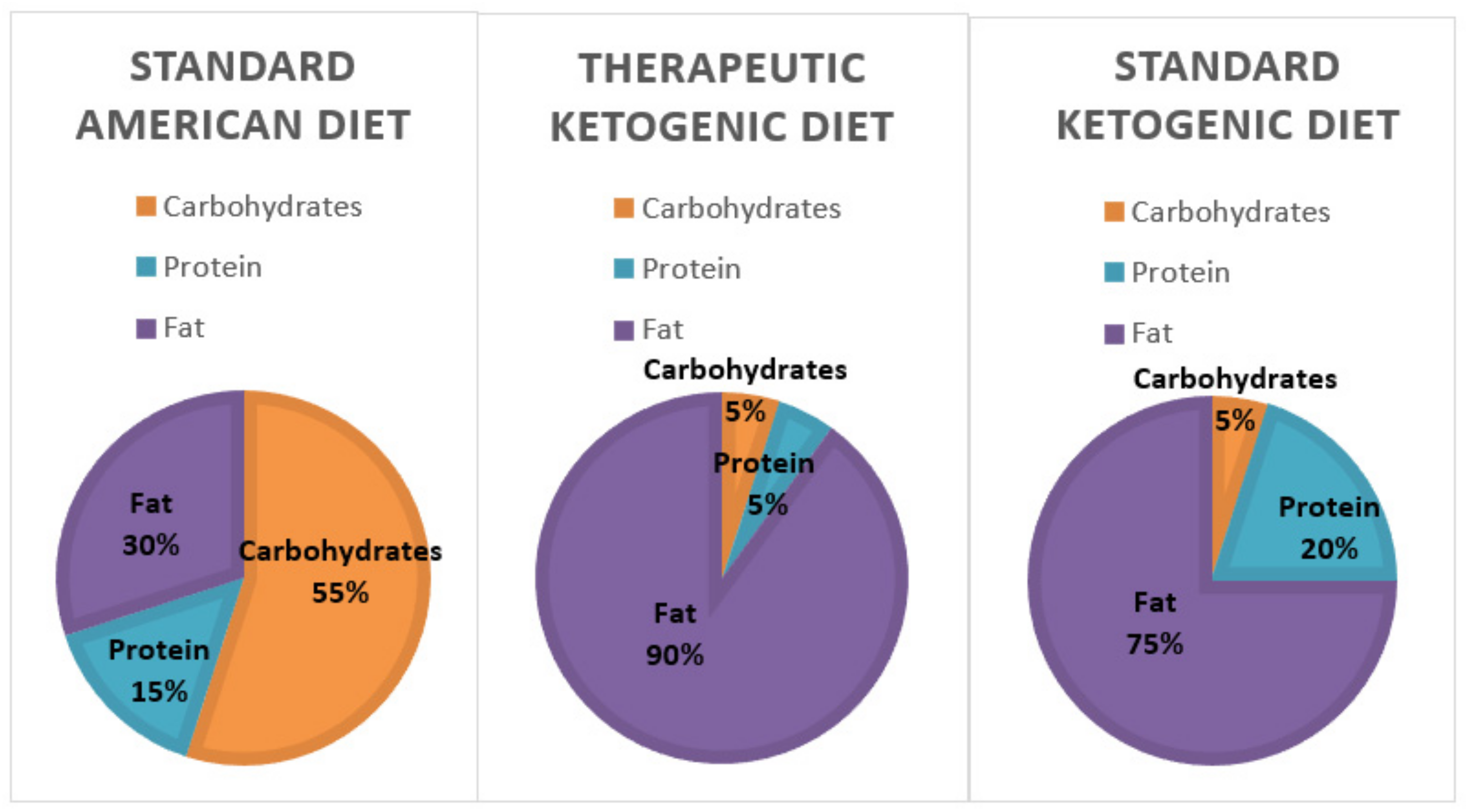In the current rapid world, the choices we make about nutrition are influenced not only by individual preferences and health goals but also by the societal influences in which we exist. From the Mediterranean-inspired approach focusing on fresh ingredients to popular diets like Keto and Whole30 that draw the interest of health enthusiasts, there is no shortage of dietary options to explore. Understanding the diversity of diets available is crucial for anyone looking to discover the best fit for their lifestyle, health needs, and personal values.
As we dive into the world of diets, we'll analyze 15 different types and examine their unique benefits and drawbacks. Whether you're aiming for effective weight loss, building muscle, or simply seeking a healthier way of living, this guide offers insights into commonly known and specific diets alike. We'll contrast the foundations behind plant-based and vegan diets, delve into the detailed details of the DASH diet for heart health, and discuss the advantages of gluten-free and anti-inflammatory dining options. Join us on this adventure to uncover how culture shapes our food choices and which diet might be right for you.
Introduction of Popular Dietary Plans
In this world, a multitude of diets serve various health goals, lifestyles, and cultural preferences. From weight loss to better overall well-being, individuals are exploring different diet plans to find what suits them most. Popular diets like Ketogenic, Paleolithic, and the Mediterranean lifestyle have gained significant popularity due to their structured approaches and alleged health benefits. Each diet presents individual principles and guidelines, making it essential for individuals to understand what each involves before starting.
The Keto diet focuses on elevated fat, low-carb intake, aiming to shift the body's metabolism into a ketogenic state, a state where fat is used as the chief energy source. This contrasts with the Paleo diet, which emphasizes whole foods that our ancestors would have consumed, such as lean meats, fish, fruits, and vegetables, while removing processed foods and grains. click for source stands out for its emphasis on plant-centric foods, nutritious fats, and balanced consumption of fish and poultry, making it a favorite among health professionals for its heart-healthy benefits.
Other notable diets include plant-based and vegan diets, which focus on food originating from plants and omit animal products. Many people are also opting for flexible diets like the Flexitarian approach, which promotes a largely vegetarian diet with occasional meat consumption. For those with particular health concerns, specialty diets such as the DASH diet for hypertension or the gluten-free diet for celiac disease have become important in handling various conditions. As individuals consider their eating habits, it is important to explore these recognized diets and their alignment with personal health goals and lifestyles.

Comprehending Food Choices
Dietary preferences are often influenced by a range of factors, like cultural influences, personal values, and health considerations. Cultural traditions plays a significant role in influencing the foods people choose, as heritage foods are often passed down through generations. For example, Mediterranean food abundant in produce, vegetables, and nutritious fats demonstrate the regional farming methods and geography, while Asian diets typically center around grains, seafood, and a variety of seasonings. These ingrained habits influence not only our diets but also how we view and regard food.
Personal convictions, such as moral beliefs or wellness goals, influence food choices. Individuals might opt for vegan diets or plant-based eating for ethical motives related to animal welfare and environmental concerns. On the other hand, certain individuals may adopt high-protein or low-carb diets to reach fitness goals or control particular health issues. These decisions are often a reflection of an person's values and might affect community engagement and life choices.
Grasping these eating habits is important for individuals seeking to embrace a different diet. Knowing the ethnic, value-based, and medical aspects can assist individuals select a diet that not only fits their lifestyle but also is in harmony with their individual values and objectives. By acknowledging these factors, individuals can traverse the vast array of diet plans offered today and choose the most appropriate one for their needs.
Tips for Successful Dietary Choices
Discovering the right diet for your way of life is essential for sustained success. Start by evaluating your personal goals, regardless of whether they involve weight loss, gaining muscle, or improving general health. Research a variety of diets and take into account their principles, food options, and how they align with your likings. Remember that a diet should not feel like a burden; opt for one that you can love and stick to over time.
Planning meals and preparation can significantly enhance your dietary choices. Set aside a block of time each week to organize your meals, ensuring you have all the required ingredients on hand. This can help stop last-minute decisions that may lead to unhealthy eating. Additionally, try to add a variety of foods within your chosen diet to make meals fun and healthy.
Finally, be aware of the difficulties that come with changing your eating habits. It is important to be steady and practical with your goals. Monitor your progress and modify your approach as needed. Be around supportive friends who encourage your journey, and do not hesitate to seek professional help if needed. Building a healthy relationship with food takes time and dedication, but the outcomes are well worth it.
